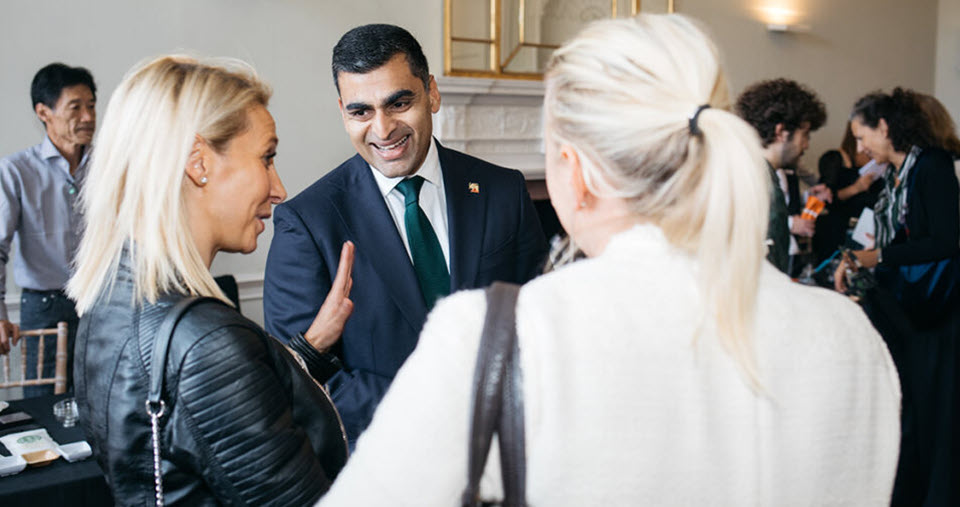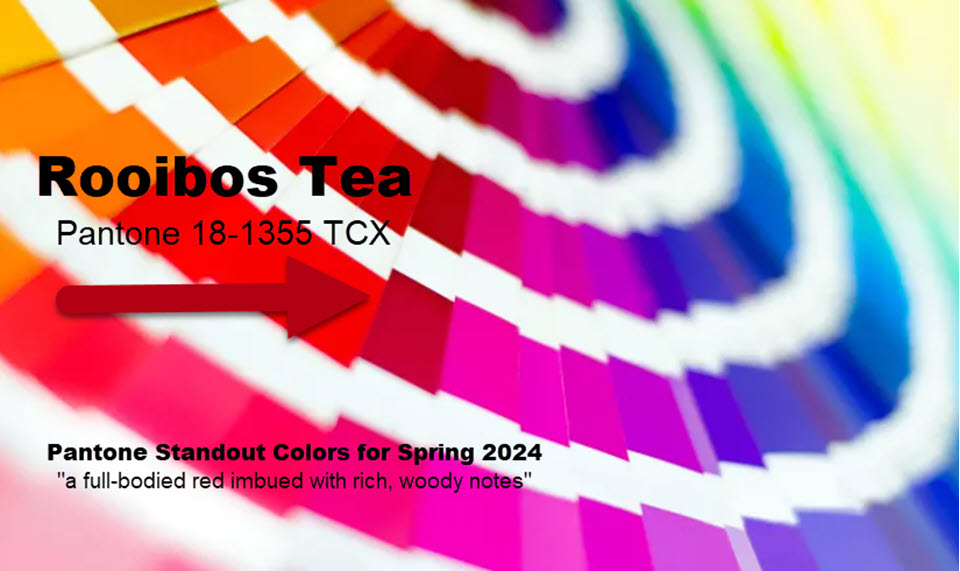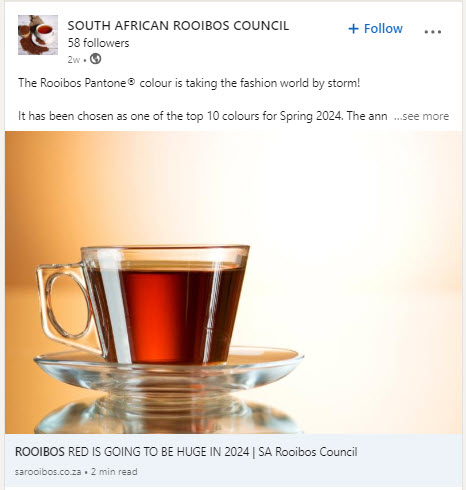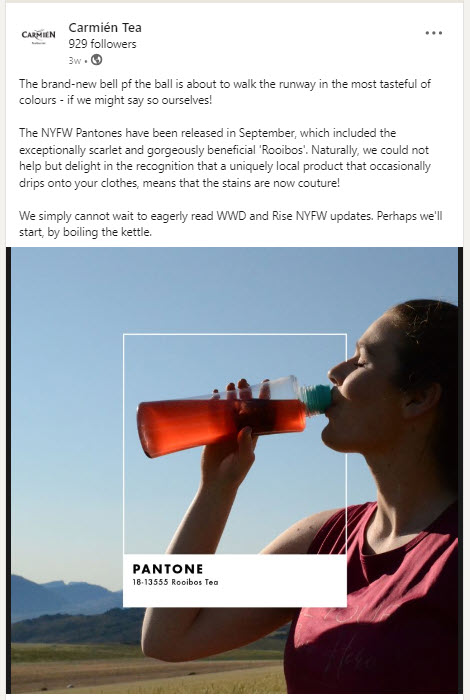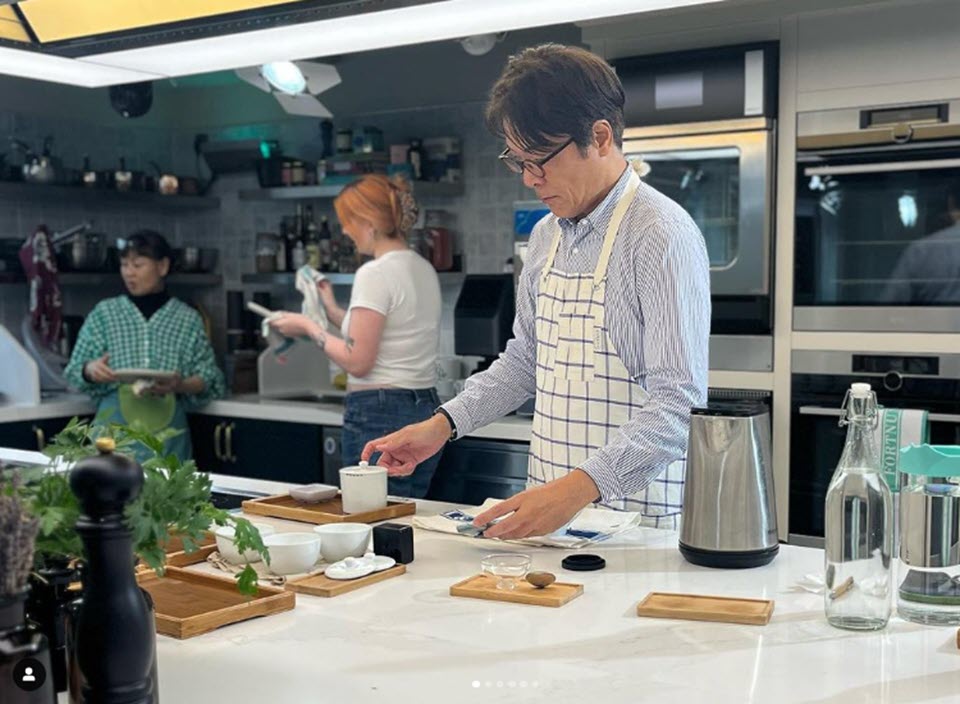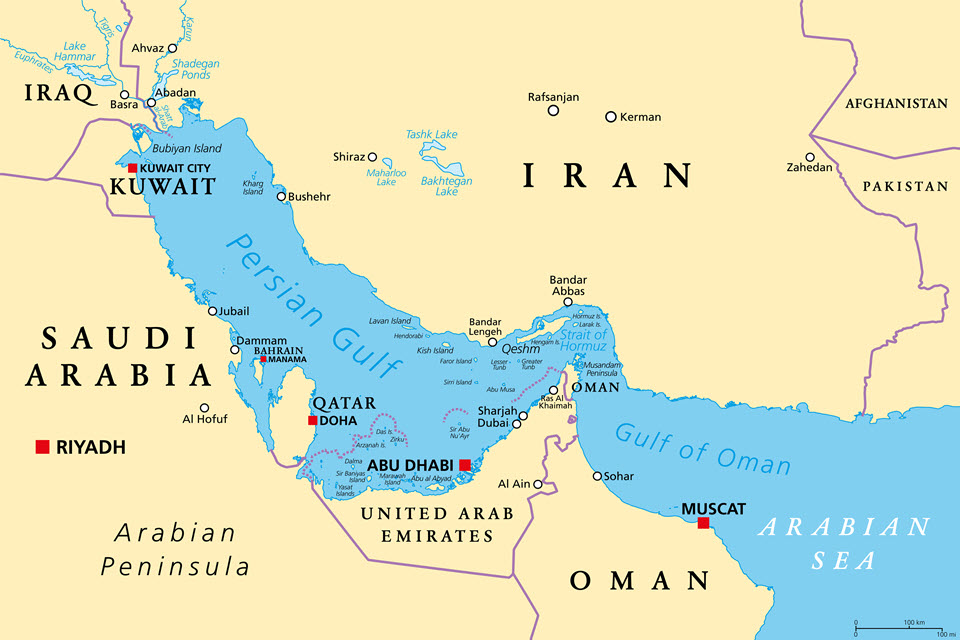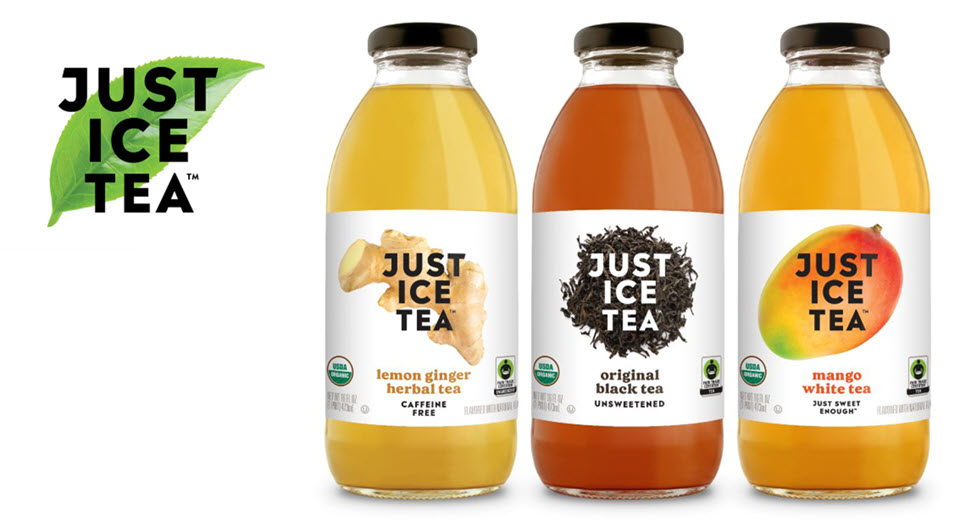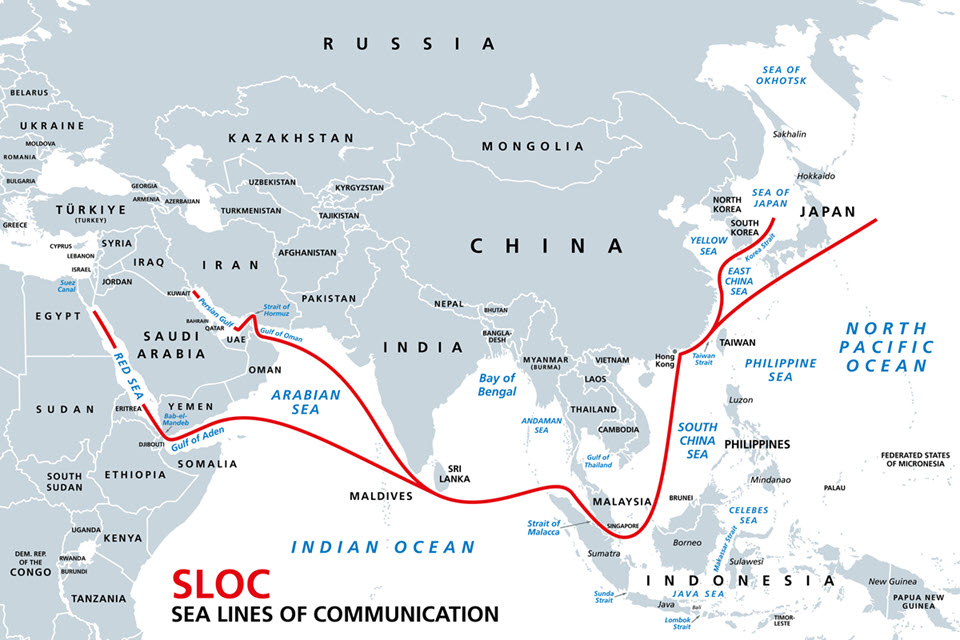Episode 142
Starbucks Announces Ambitious Global Expansion to Operate 55,000 Locations by 2030: Tea Played a Key Role in the Siren’s Record-setting Quarter | Bangladesh May Finally Break an Elusive Tea Production Record
| Research Findings Challenge the Belief that Adding Cream and Sugar to Tea Negatively Impacts Health Outcomes
Tea News for the week ending Nov. 10
PLUS | In October, Transworld, China’s first USDA-certified organic tea producer, and Firsd Tea, the US subsidiary of Zhejiang Tea Group, released the Chinese Tea Sustainability Report, a 12-page survey of perspectives and practices at Chinese tea farms and processing facilities. Jason Walker, marketing director at Firsd Tea in New Jersey and one of the architects of the sustainability report, joins Tea Biz for an in-depth discussion of the results of this ongoing survey.
Listen to the interview
Powered by RedCircle

Starbucks Announces Ambitious Global Expansion
By Dan Bolton
Starbucks CEO Laxman Narasimhan announced a record $9.4 billion fourth quarter to close a $36 billion fiscal year. Revenue was up 12% year-to-year.
The company will expand to 55,000 locations by 2030, 75% overseas.
Executive Vice President and Chief Financial Officer Rachel Ruggeri said, “Our customers continue to favor more premium beverages, creating a new normal for mix and customization. To fuel this, we continue to lean in with innovation, offering our Iced Pumpkin Cream Chai Tea Latte, which boosted tea sales, and Pumpkin Cream Cold Foam, which has become a customization favorite with our customers.”
Gingerbread chai is a hit, I recommend it, Narasimhan told Mad Money host Jim Cramer. Cold beverages, including tea and coffee, are driving sales. Customers add modifiers to cold drinks at a greater rate than hot, and it’s an easier process through the app than anywhere else. These transactions raise ticket and produce personal branding for Gen Z to broadcast via social, according to Ruggeri.
During the past five years, Starbucks opened 9,000 new stores, 7,000 outside the US. In 2023, foreign locations, including 1,429 in Canada, outnumber for the first time the 16,255 US stores. There are now 6,800 stores in China. Starbucks said it will open an average of eight stores daily, many specially purposed as drive-thru only, double-sided drive-thru, and delivery-only locations. Drive-thru transactions account for 50% of US sales; delivery orders expanded by 24% in 2022. During its year-end earnings call, Narasimhan said the company will spend $3 billion in capital expenditures and grow to 41,000 locations by October 2024.
“Our reinvention [announced in September 2022] is moving ahead of schedule, fueling revenue growth, efficiency, and margin expansion,” said Narasimhan.
BIZ INSIGHT – Tea accounts for about 10-20% of beverage sales at coffee shops. Locations serving a wide range of hot and cold teas can increase that share to 20-30% or more. Beverage sales at Starbucks, including tea, generated about 75-80% of revenue, totaling $19.6 billion in FY22, with food products totaling $5.8 billion. Packaged and single-serve coffees and Teavana teas, ready-to-drink products, serveware, and ingredients contributed $6.9 billion, according to the company’s SEC 10-K filings.
Share this post
Episode 142 | Starbucks Announces Ambitious Global Expansion to Operate 55,000 Locations by 2030 | Tea Played a Key Role in the Siren’s Record-setting $9.4 Billion Quarter | Bangladesh May Finally Break an Elusive Tea Production Record | Research Findings Challenge the Belief that Adding Cream and Sugar to Tea Negatively Impacts Health Outcomes PLUS Jason Walker, marketing director at Firsd Tea in New Jersey and one of the architects of the Chinese Sustainability Perspectives report, joins Tea Biz for an in-depth discussion of the results of this ongoing survey.

Episodes 1-49
Episodes 50-96
Episodes 97-142
Powered by RedCircle

